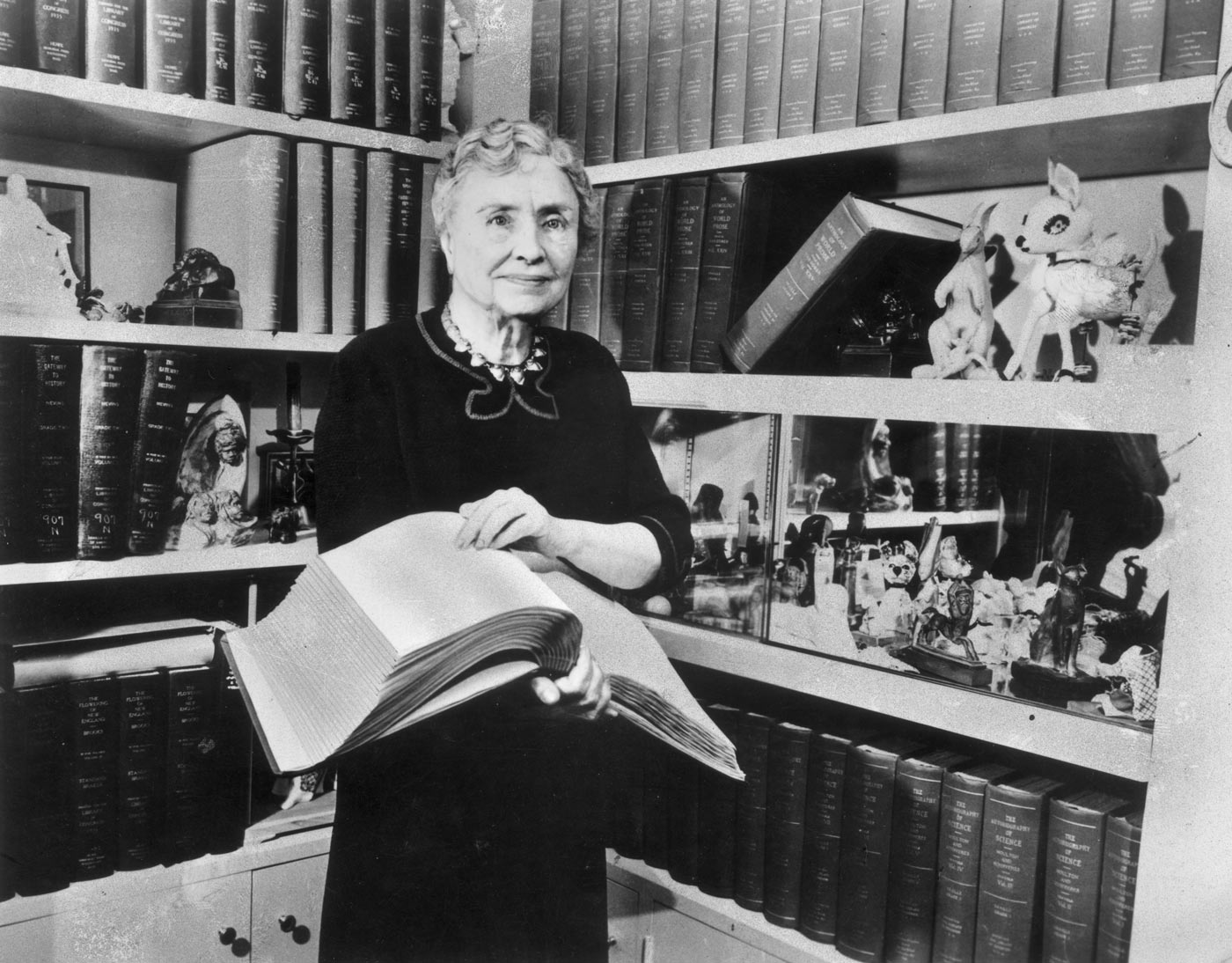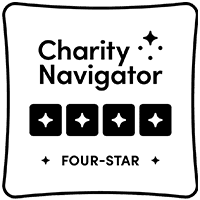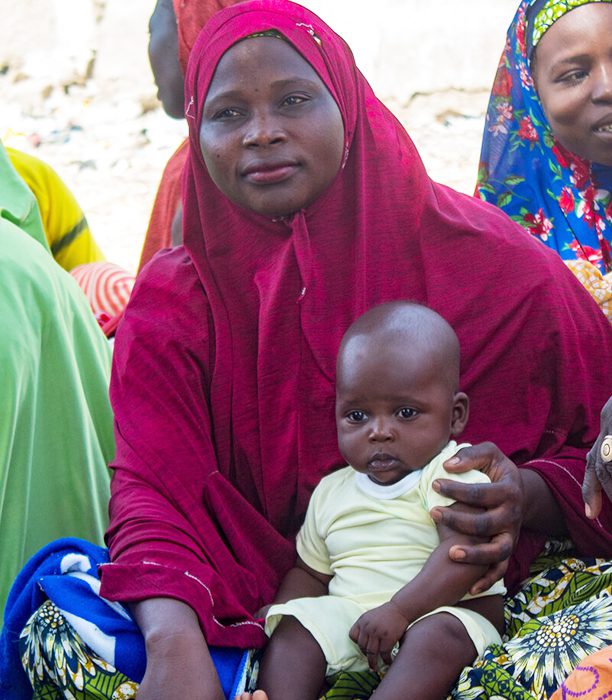Preserving Sight Around the World
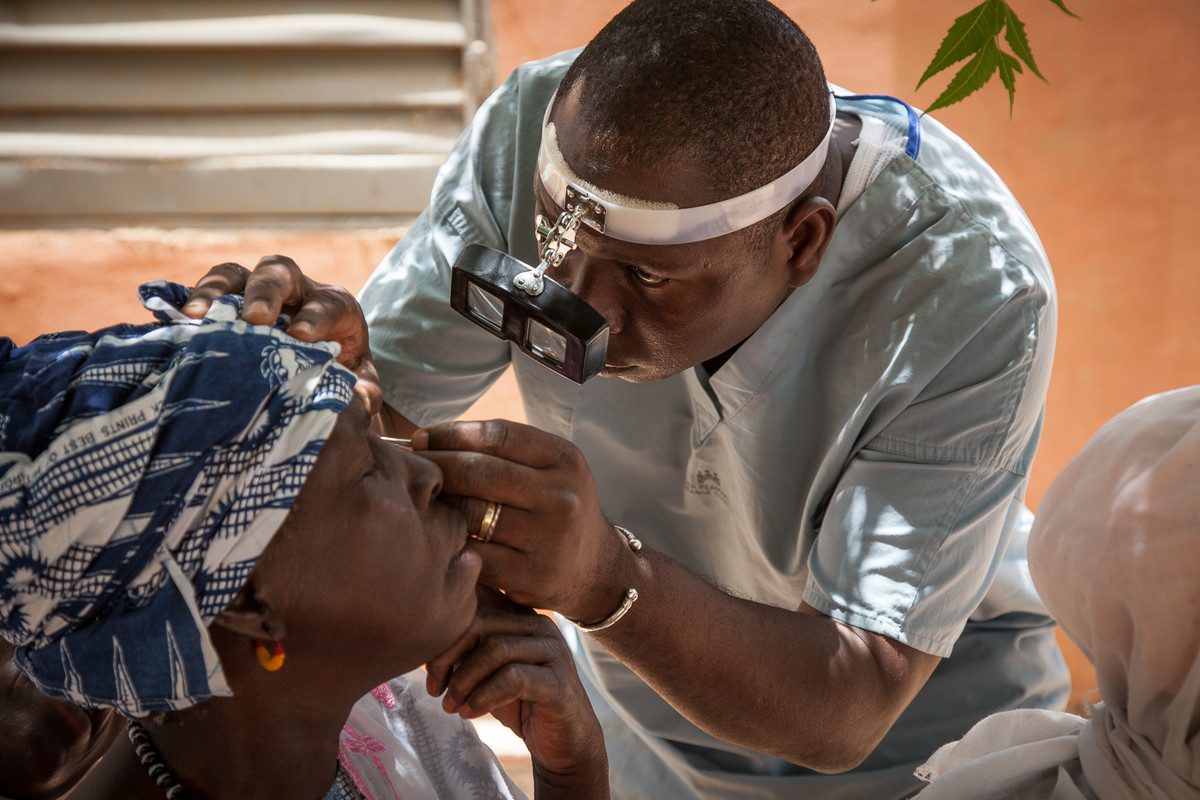
Preserving Sight Around the World
Vision loss is both a cause and consequence of poverty.
Disease, poor nutrition, and little or no access to sufficient healthcare remain the largest contributors to low vision and blindness. Particularly when it begins in childhood, poor vision sets in motion a lifetime of challenges — obstacles to learning, social connections, employment, and the ability to climb out of poverty. The effects of the global pandemic have compounded these issues by devastating already fragile education and health systems and challenging livelihoods and diminishing people’s ability to access basic healthcare and nourishing food.
Preventing diseases that cause blindness
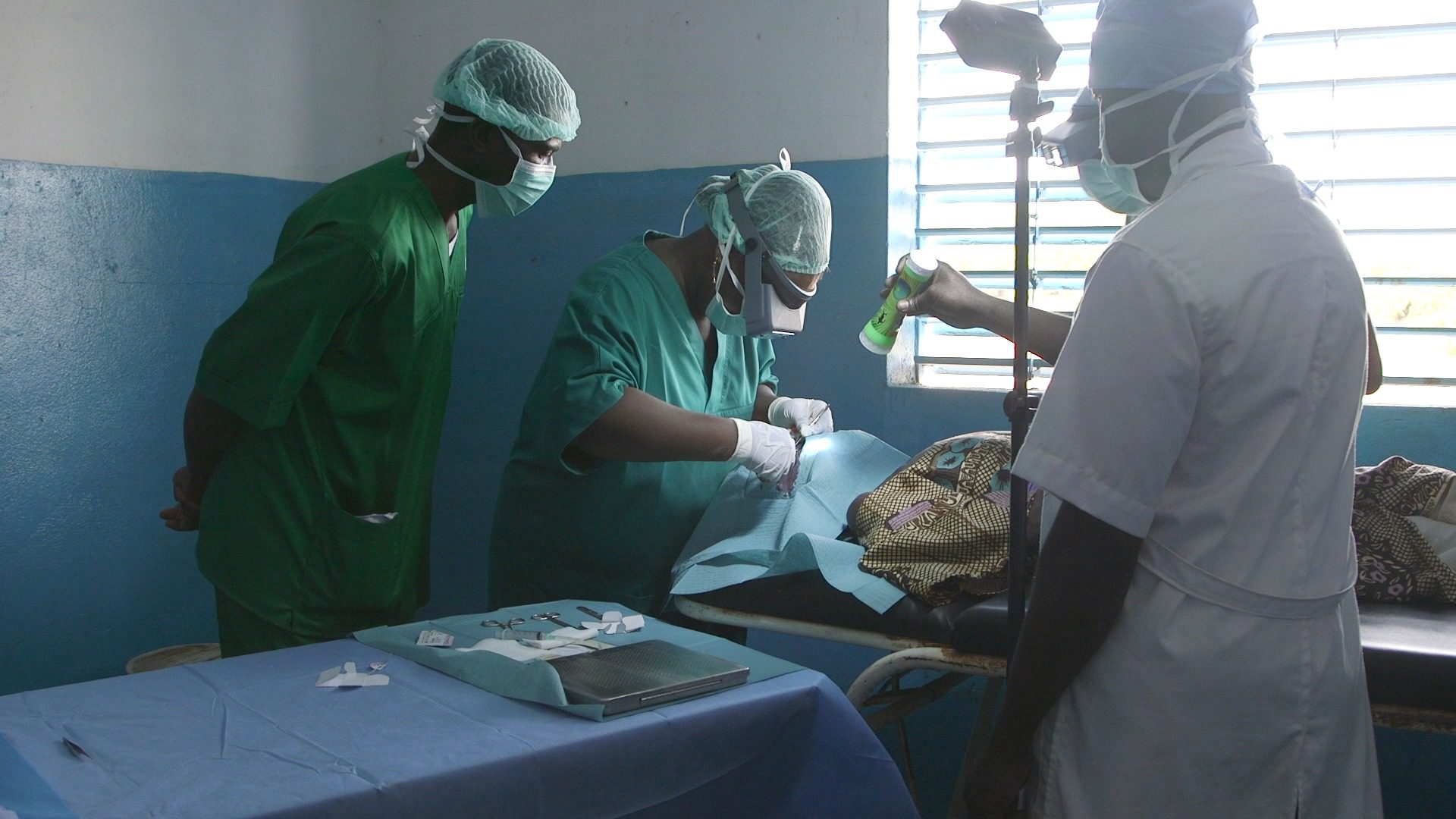
In addition to vision screening, Helen Keller also combats infectious causes of vision loss. Working at the intersection of public health and economic development, we partner with communities most at risk for neglected tropical diseases. Though preventable, these diseases affect one in every five people on the planet, including 875 million children, and are responsible for more than 500,000 deaths each year. Diseases like river blindness and trachoma cause blindness, painful physical deformities, and disabilities that threaten the economic security of individuals, families, and entire communities.
Through years of partnership with country ministries of health, Helen Keller has supported efforts to control and eliminate neglected tropical disease that can upend families’ health and ability to earn a living and make their way out of poverty. In 2023, Helen Keller was a key partner in eliminating trachoma as a public health problem in Mali, and the disease is close to elimination in several other countries.
Improving nutrition and eye health with vitamin A
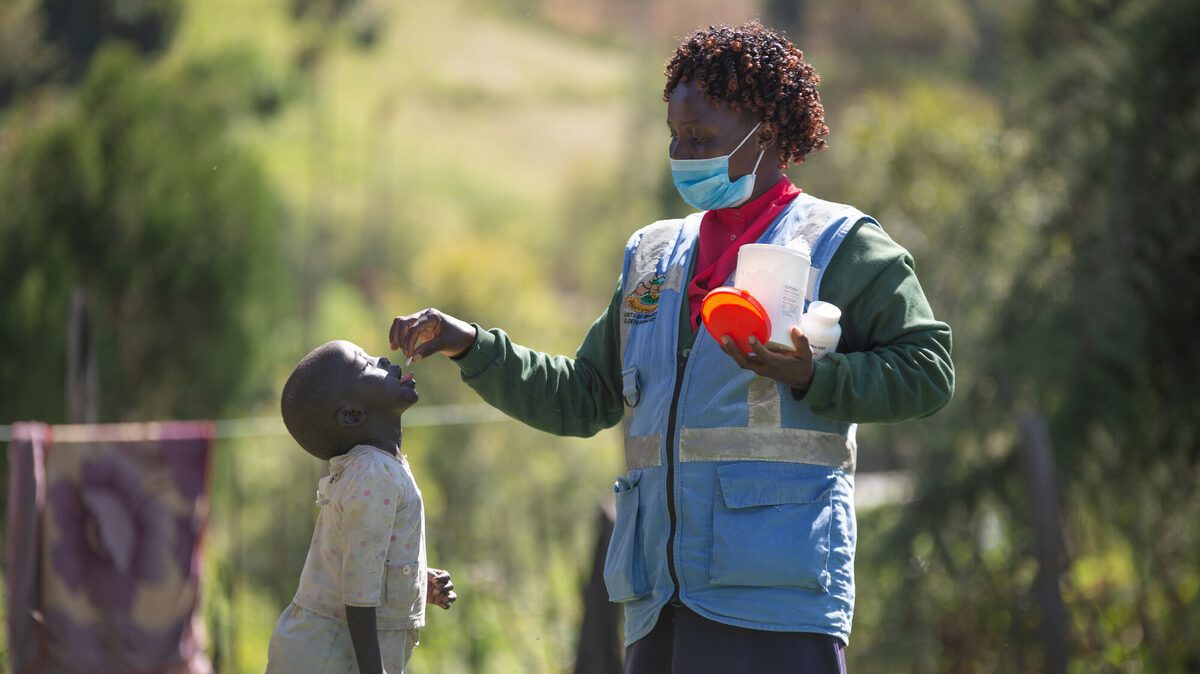
Vitamin A is a powerhouse that builds immunity and vision in children. And yet, many poor families lack sufficient vitamin A in their diets.
Research shows that giving children vitamin A supplements twice a year from six months to five years of age can reduce child mortality by almost a quarter and help prevent blindness. Helen Keller delivers vitamin A to millions of vulnerable children annually in twelve countries in Africa. In Mozambique, alone, with the government’s Ministry of Health, we are reaching half of Mozambique’s most vulnerable provinces. Our vitamin A supplementation work is so effective that we have been recognized as a top charity by GiveWell since 2018.
In addition to large-scale vitamin A distribution campaigns and helping countries include vitamin A supplements in children’s routine health visits, Helen Keller combats vitamin A deficiency at its root. Across Asia and Africa, we help families grow, prepare, buy, and eat vitamin A rich foods like orange-fleshed sweet potatoes, leafy greens, and eggs.
Bringing quality eye care to underserved communities

In many low-income countries, particularly in remote rural communities, access to high-quality eye care is often inaccessible or unaffordable. As a result, millions of people lose their sight due to preventable or treatable causes. Helen Keller is committed to righting this wrong by working with government partners and community leaders to offer services to those in greatest need, facing the greatest obstacles to accessing care.
We do so by training and equipping clinicians to offer high quality care, educating patients about the importance of clear vision, and establishing community-based access points where vital health services can be easily accessed.
As a result, students in Vietnam, Myanmar, and Cameroon can have their vision examined at their schools and receive free-of-charge eyeglasses or a referral for further care if needed. In Bangladesh, people living with diabetes can have their eyes examined at their local diabetes clinic and identify sight threatening diabetic retinopathy early, when treatment can achieve the greatest impact. In Tanzania, local community health workers travel from home to home to identify and counsel isolated patients blinded by cataract and help to restore their sight by linking them with partner health providers and cataract surgeons. In Nepal, premature infants can have their eyes screened by neonatal intensive care nurses trained and equipped with state-of-the-art retinal cameras by Helen Keller, who help to prevent inevitable vision loss or blindness resulting from retinopathy of prematurity.
PlanVue
Since 2018, Helen Keller Europe’s PlanVue has worked to overcome barriers to pediatric eye care in France. Working in schools in underserved neighborhoods, PlanVue raises awareness about the importance good eyesight, screens students aged 5 to 15, supports families of children needing to consult a specialist, and provide eyeglasses, all free-of-charge.
In a routine year, as many as 40% of these students will require an extensive exam with an ophthalmologist, resulting most often in the need to wear eyeglasses. Since its inception in September 2018, PlanVue has supported more than 4,500 children.
